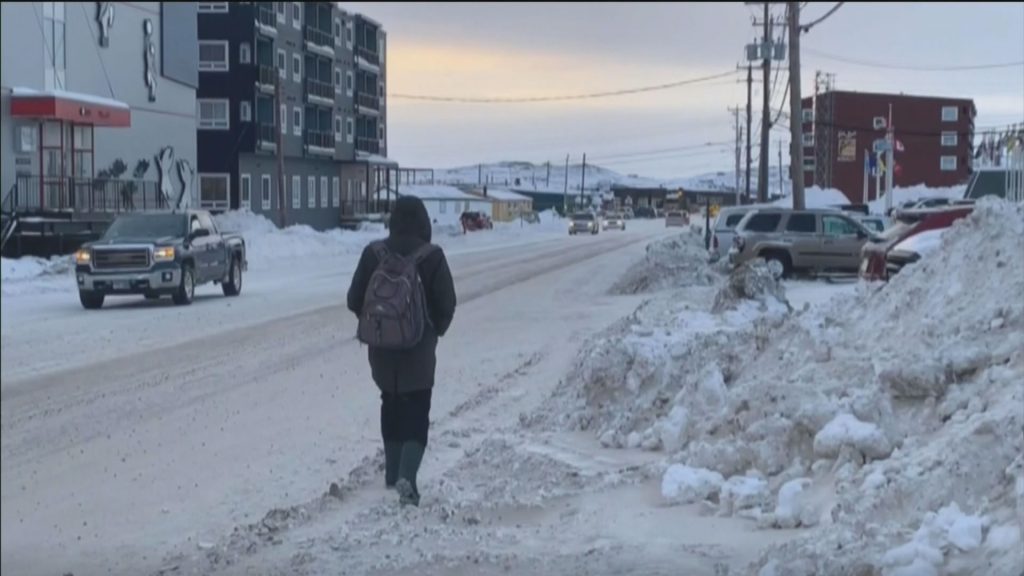
Some First Nations people in Yukon are having reservations about the territory dropping its COVID-19 mandates, while others are looking forward to reducing the restrictions.
The news isn’t sitting well with Vuntut Gwitchin First Nation citizen Katriel Tattiana Reti Villacorta who lives in Whitehorse.
“I have mixed feelings,” Villacorta said. “In a sense, there’s an excitement about if it’s possible to go back to normal, but I have greater hesitancy and anxiety about it.”
On March 18, the territorial government will remove Yukon’s masking requirement, though the wearing of masks will be strongly recommended where it is difficult to physically distance.
“We could not have done it without Yukoners,” said Premier Sandy Silver, “2022 is looking promising. We have moved past the peak of the Omicron wave thanks to the diligence of Yukoners.”
The requirement to show proof of vaccine at designated establishments will also be dropped.
Businesses and organizations can continue to require masks and proof of vaccination if they choose, but will no longer be required to do so after March 18.
Villacorta said she feels it’s too soon to drop restrictions and questions why such strict mandates were imposed for two years only for the government to lift them rather suddenly.
She added she’s concerned it no longer feels as though the government is prioritizing keeping vulnerable people safe like elders and knowledge holders, especially as the territory’s death toll reached 22 people last week.
“In the beginning, there was a huge priority of protecting our elders, our knowledge holders and our communities – where has that priority gone?” she said.
Villacorta notes she and her young daughter will continue to mask in indoor public places.
Despite contracting a severe case of COVID-19 last year, Trʼondëk Hwëchʼin First Nation citizen Lisa Anderson is feeling more optimistic.
“It does not concern me,” she said. “There are many safety measures that have been essentially hard-wired with folks. Wash your hands, keep a reasonable distance (and use) hand sanitizer galore.”
She notes most people who caught the virus experienced minimal effects and that it’s time to return back to a “normal” way of life.
Watch Sara’s story on the announcement lifting the restrictions:
The territorial government is also planning to lift vaccination requirements for government employees on April 4, allowing 92 full-time employees and 201 casual, on-call and seasonal employees placed on leave without pay to return to work.
Last week officials announced other restrictions would end on March 4. That includes lifting limits on the size of gatherings, events and venues and allowing bars and restaurants to return to normal operations.
There are 58 confirmed active cases in the territory. However, that number does not include all positive cases.
N.W.T. is following Yukon’s lead and is set to end its public health emergency on April 1. Like Yukon, masking restrictions will be lifted.
On March 1 leisure travel to the territory resumed, and anyone can travel to N.W.T. whether they’re vaccinated or not. The territory is reporting 354 active cases.
Meanwhile, Nunavut’s Minister of Health, John Main, is extending its public health emergency until March 17.
All existing measures under the public health emergency order remain in effect, though restrictions have been eased in 10 communities to allow for larger gatherings.
On Feb.28 officials announced places like restaurants and licensed facilities, gyms and libraries can open at reduced capacity.
The territory recently announced its new plan to manage the virus by lifting certain restrictions every few weeks.
In Nunavut there are 441 active cases of COVID-19.










